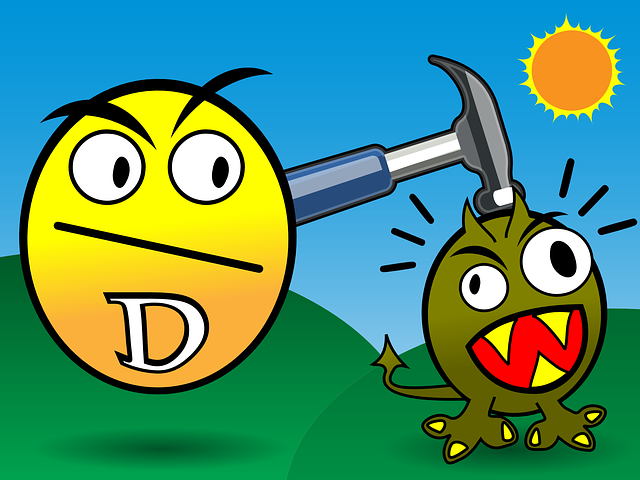How Vitamin D Can Prevent Prostate Cancer

Vitamin D has many important health benefits regarding prostate health, including assistance in relieving symptoms of BPH (enlarged prostate), prostatitis or chronic pelvic pain syndrome, and prostate cancer. The nutrient also performs many critical roles in the body, such as help in building strong bones by assisting in the absorption and use of calcium and phosphorus, and maintaining proper nerve function.
Two major forms of vitamin D that are important to humans are vitamin D2, or ergocalciferol, and vitamin D3, or cholecalciferol. Vitamin D2 is made naturally by plants, and vitamin D3 is made naturally by the body when skin is exposed to ultraviolet radiation in sunlight. Both forms are converted to 25-hydroxyvitamin D in the liver. 25-Hydroxyvitamin D then travels through the blood to the kidneys, where it is further modified to 1,25-dihydroxyvitamin D, or calcitriol, the active form of vitamin D in the body. The most accurate method of evaluating a person’s vitamin D status is to measure the level of 25-hydroxyvitamin D in the blood.
Vitamin D (in the form of D3) is manufactured by the body through exposure to sunlight and it can also be obtained from a limited number of foods, and through supplements. The body also needs co-factors in order to properly utilize vitamin D. These include magnesium, zinc, vitamin K, boron, and small amounts of vitamin A.
Vitamin D and Prostate Health
Although the connection of vitamin D and prostate cancer remains controversial, some researchers have found evidence that a vitamin D deficiency increases the risk of developing prostate cancer. In the British Journal of Urology International, investigators reported that men with prostate cancer were more likely to have low levels of vitamin D compared with men who did not have the disease. (Trump 2009)
Also, in a smaller study published in BJU International in November 2009, 26 men who had prostate cancer were given a daily dose of vitamin D. The PSA levels in five men declined: two by more than 50 percent, two by 25 to 50 percent, and in one by less than 25 percent. In the remaining patients, their PSA levels stabilized after treatment with vitamin D for up to 36 months. (Newsom-Davis 2009)
Can Vitamin D Help?
There are studies that show the positive effects of vitamin D on prostate cancer. Patients with prostate cancer tend to have vitamin D deficiency, while healthy men with sufficient vitamin D levels die from prostate cancer less frequently. These individuals also have fewer instances of developing aggressive cancers.
The recommended dose of vitamin D is less than 10,000 IU daily. You can obtain IV vitamin therapy from an alternative cancer treatment center. There's still no concrete evidence that the ties between prostate cancer and vitamin D are prevalent, so more research is required.
How Vitamin D Can Help with Enlarged Prostate Problems
The relationship between vitamin D and BPH has been evaluated in a number of trials. One study evaluated 4,770 participants in the Prostate Cancer Prevention Trial who were free of BPH at baseline. Over seven years, 876 incident BPH cases were documented. When the investigators analyzed factors such as diet, alcohol, and supplement use via a food frequency questionnaire, they determined there were no associations between supplemental antioxidants and BPH risk, and there was “weak evidence for associations of lycopene, zinc, and supplemental vitamin D with reduced risk.” (Kristal 2008)
How To Take Vitamin D
The Vitamin D Council recommends that people take 5,000 IU daily for 2 to 3 months, then ask their healthcare provider for a 25-hydroxyvitamin D test to check their levels. Once individuals know their body’s level of vitamin D, they can adjust the dosage until their blood levels are between 50 and 80 ng/mL. That is the healthy range recommended by the Vitamin D Council and some other experts.